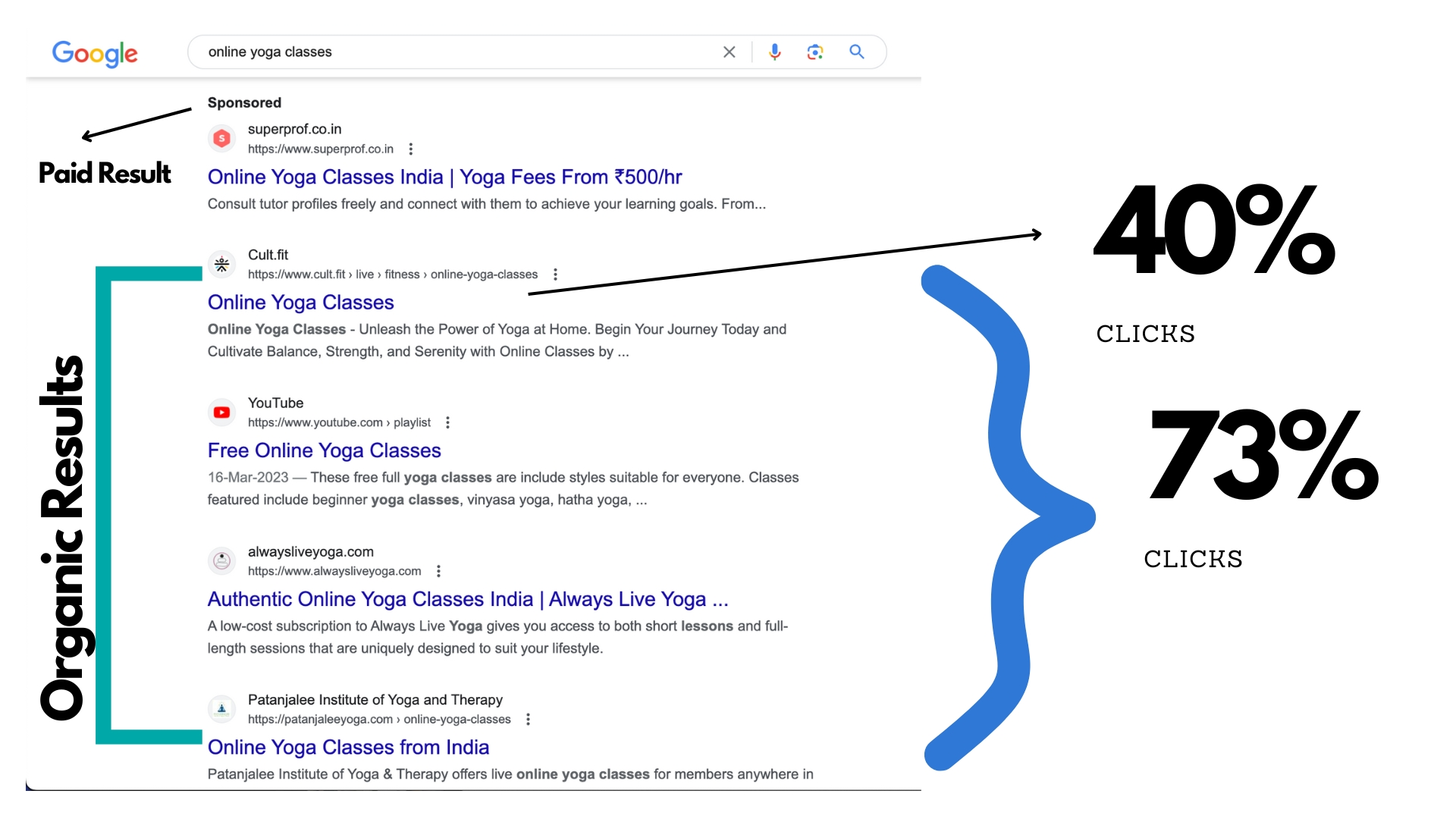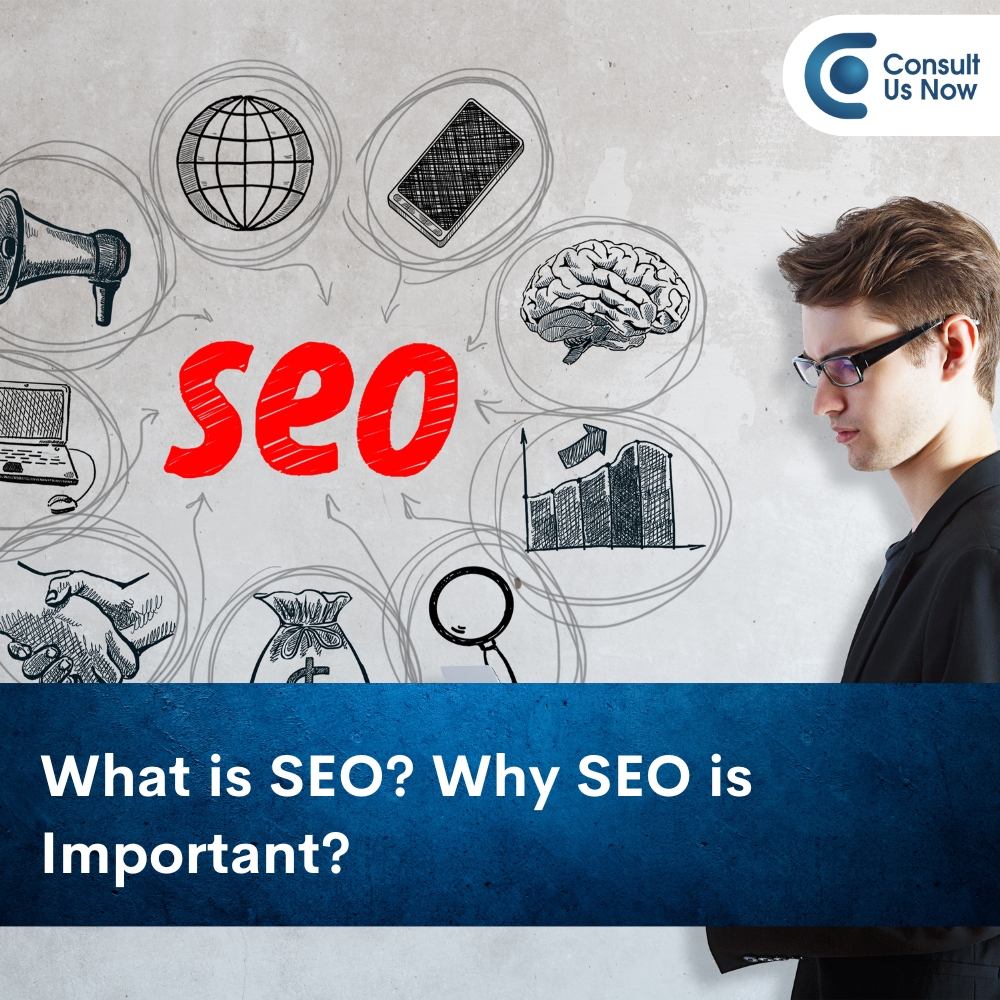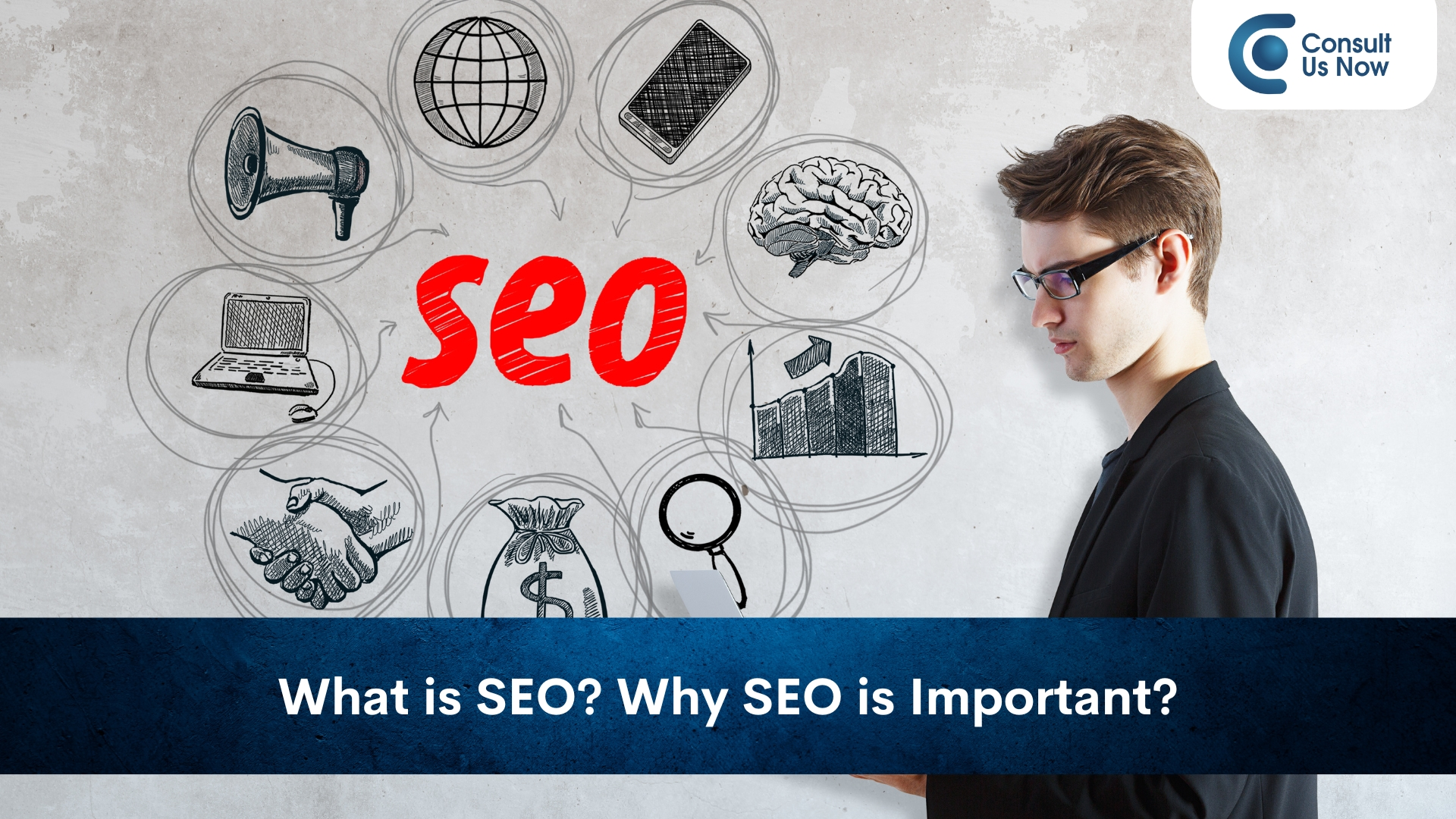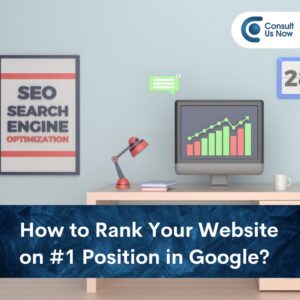Introduction
SEO stands for search engine optimisation. The first thing that strikes our minds when we hear the term is that it comes up top in search engines like Google. This is done to increase the product or service’s visibility. Everyone is aware of this fundamental aspect of SEO.
But you also need to understand quantity and quality as an add-on. In search engine optimisation, all the attention is solely on quantity to increase website traffic. However, search engine optimization (SEO) is a procedure that raises a website’s quantity and quality of visitors.
This implies that having more website visitors without conversions is worthless. Thus, you should prioritise both quantity and quality while implementing SEO on a website.
Instead of optimizing a website for higher Google rankings, you can effectively use SEO to enhance user experience and give visitors more relevant information.
Interested in leveraging SEO to improve the user experience? Seek guidance from the best SEO company in Chennai for expert insights and strategies.
Importance of UX in SEO
Good SEO is defined as using search engine optimisation to enhance user experience. Your conversion rate will increase when you work on a website with this objective. Making your website more user-friendly encourages visitors to spend more time on it, increasing conversion (a sale, lead, or any other desired action). Search engine optimisation is a long-term marketing strategy. For instance, with PPC, you can see immediate results. For example, if you invest Rs.10,000, you may receive 10 leads immediately. In the case of SEO, it will take time, but in the long run, it will produce better results than PPC.
Now you know what SEO is.
Next, Let’s understand why SEO is so important.
Why SEO is important?
SEO, or Search Engine Optimization, stands out as a critical component in digital marketing strategies for several compelling reasons. Among these, three factors are particularly unavoidable for any business looking to thrive online:
Intent
The first and foremost factor is intent.
To understand easily, let’s start with an example.
Let’s consider a scenario where you’re operating online yoga classes and you’re contemplating your advertising strategy. You have a few options: running ads on Facebook, advertising on Instagram, or investing in a Search Engine Optimization (SEO) campaign to enhance the organic ranking of your website..
Alright, so let’s break down the main perks of using Facebook and Instagram versus diving into SEO for your online yoga classes. When you post or run ads on Facebook and Instagram, you’re mostly catching the eyes of folks who dig yoga stuff. You know, they might have double-tapped on some cool yoga poses, maybe Surya Namaskar sun salutations, or just enjoy scrolling through yoga-related videos. These platforms are great at showing your content to people based on what they’ve liked or searched for. So, you’re reaching out to a bunch of people who might not be exactly looking to sign up for online classes right away but are into yoga and might practice a bit at home with the help of videos they find online.
Now, let’s switch gears to SEO. Imagine someone going on Google and typing in “online yoga classes.” That person isn’t just casually interested in yoga; they’re on a mission to find a class to join. They’re doing their homework, looking for the right fit. By focusing on SEO and getting your site to pop up when people search for online yoga classes, you’re tapping into an audience that’s already halfway convinced. They’re actively searching to join a class, not just browsing around. So, in a nutshell, with SEO, you’re not just casting a wide net and hoping for the best. You’re fishing in a pond where the fish are already biting.
Free traffic vs Rented traffic
Free traffic comes from SEO, meaning if someone finds your site through a search engine like Google or Bing, it doesn’t cost you anything to get them there. That’s the essence of SEO – it’s free, organic traffic. This kind of traffic is valuable because it’s made up of people actively searching for what you offer, like “online yoga classes.” They’re already interested, so you don’t need to do much to convince them to join.
On the other hand, rented traffic is what you get from PPC campaigns. This is traffic you pay for, like ads on Google or social media. You’re buying visibility. It’s called rented because as soon as you stop paying, the traffic stops. It’s great for a quick boost, but it’s not long-term.
For example, using Facebook and Instagram can help put your yoga classes in front of people who are interested in yoga-related content. They might enjoy looking at yoga poses or videos but aren’t necessarily in the market for online yoga classes. On the other hand, if someone searches “online yoga classes” and your site pops up, they’re probably ready to sign up. This illustrates the power of SEO: reaching people who are already looking for what you’re offering, making them more inclined to convert.
Trust
Organic web listings get 73% of the clicks (i.e.). Even if PPC and sponsored results are on top, about 73% of people will skip all those results and prefer only organic web listings because of the trust factor. People have greater trust in organic web listings than in any other web listing, which increases the click-through of organic web listings. This trust factor is very important, and you can obtain such trust only through SEO.
Another interesting fact is that only less than 1% of searchers visit the second page of the Google results. So, 99% of people prefer the top ten results or the first page of SERPs. Among this, about 40% of the clicks are for only the top results, i.e., the., first and foremost result on the page. So, with the above three factors, one can understand why SEO is important. Reach out to Consult Us Now for further information and details.
For a clearer understanding, let me explain with another example.

On searching for the keyword “online yoga classes”, there is a paid result; below that, there are few organic results. The purpose of SEO is to list our website in the organic results. This is because 73% of the clicks are only for organic results. Among that, 40% of the clicks are for the result in the topmost position of the organic results.
So, our ultimate goal is to list our website’s results for our required keyword in the top position of the organic result. Because of this, there is a possibility for free reach, free traffic, and free sales.
You can also read on How to Create an Effective SEO Strategy in 2024? to learn more about Search Engine Optimization.





